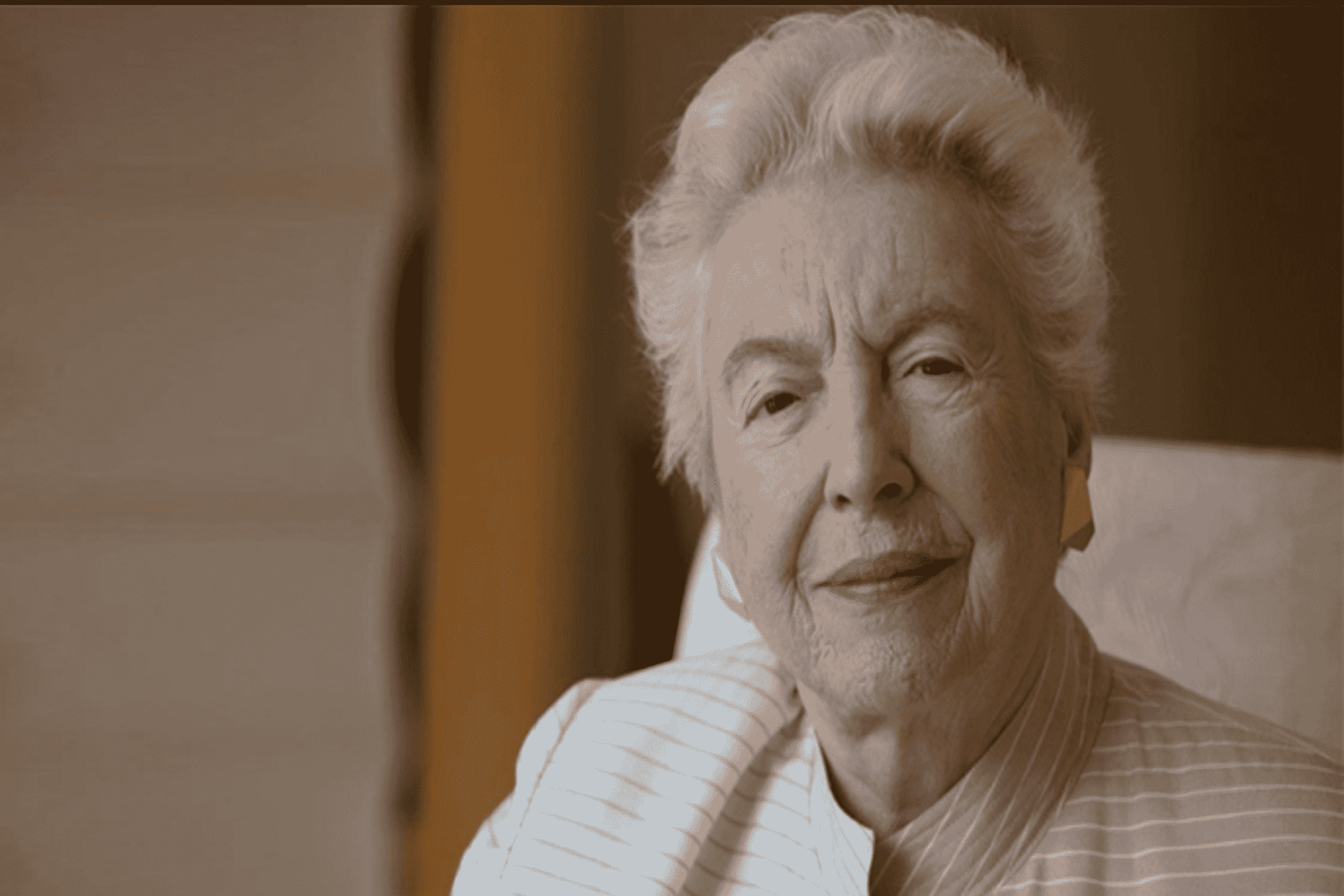
Dame Stephanie Shirley: Life and Achievements of a Tech Pioneer
Article Level: B1-B2
Explanation: Dame Stephanie Shirley, a child refugee turned tech pioneer, transformed opportunities for women in IT and dedicated her fortune to philanthropy and autism research.
Commonly Used Words from the Article
-
Resilience /rɪˈzɪliəns/ (noun): The ability to recover quickly from difficulties.
Her resilience helped her overcome early life challenges. -
Revolutionary /ˌrɛvəˈluːʃənəri/ (adjective): Involving or causing complete change.
Her remote working model was revolutionary for the time. -
Bias /ˈbaɪəs/ (noun): Unfair preference or prejudice towards something or someone.
She faced gender bias in the tech industry. -
Philanthropy /fɪˈlænθrəpi/ (noun): The desire to promote the welfare of others through generosity.
Her philanthropy has helped thousands of families. - Legacy /ˈlɛɡəsi/ (noun): Something handed down or left behind from the past.
Her legacy includes major contributions to autism research.
Audio File of the Article
Read more: Dame Stephanie Shirley: Life and Achievements of a Tech Pioneer

Dame Stephanie Shirley: Life and Achievements of a Tech Pioneer
Dame Stephanie Shirley is a name that inspires innovation, resilience, and generosity. Born in 1933 in Dortmund, Germany, she arrived in Britain as a child refugee through the Kindertransport programme, escaping Nazi persecution. This early experience shaped her determination to succeed and make a difference.
In the early 1960s, the technology industry was dominated by men. Women were often excluded from leadership roles and technical careers. Determined to change this, Shirley founded Freelance Programmers in 1962 with just £6. Her company had an unusual mission for the time: it primarily employed women, many of whom worked from home. This flexible working model was revolutionary, decades before remote work became common.
Shirley often faced gender bias, so she adopted the name “Steve” in business letters to be taken seriously. Under her leadership, Freelance Programmers grew into a multi-million-pound business, later known as FI Group, which was eventually valued at nearly £3 billion. Her company worked on major projects, including programming the black box flight recorder for Concorde.
In 1993, Shirley stepped down from her role and dedicated herself to philanthropy. She has donated more than £67 million to various causes, with a strong focus on autism research, inspired by her late son Giles, who was severely autistic. She established several charities, including Autistica and Prior’s Court, a school for young people with complex autism.
Her achievements have been recognised with numerous honours. In 2000, she was appointed Dame Commander of the Order of the British Empire (DBE) for services to IT. She has also received honorary doctorates from multiple universities and was appointed the first UK Ambassador for Philanthropy in 2009.
Dame Stephanie’s life story is one of courage, innovation, and compassion. From a child refugee with no English to a self-made millionaire and leading philanthropist, she has broken barriers in business and created opportunities for women in technology long before equality was widely discussed.
Her legacy is not only in the companies she built or the charities she founded but also in the inspiration she provides to future generations. She demonstrates that determination, creative thinking, and a desire to help others can change industries – and lives.
Today, Dame Stephanie continues to speak publicly about her journey, encouraging others to embrace challenges and lead with purpose. Her story remains a powerful example of how one person can make a lasting impact on both business and society.

Grammar Notes
Grammar in the article:
-
Past Simple – used for completed actions in the past.
-
Example: She founded Freelance Programmers in 1962.
-
-
Present Perfect – used for actions with present relevance.
-
Example: She has donated more than £67 million to various causes.
-
-
Past Continuous – used for ongoing actions in the past.
-
Example: Women were often excluded from leadership roles.
-
-
Passive Voice – used to emphasise the action over the subject.
-
Example: Her achievements have been recognised with numerous honours.
-
Mini Lesson:
Using the Present Perfect for Life Achievements
We use the present perfect to talk about experiences or achievements without saying exactly when they happened.
-
Example: She has received many awards. (time not specified)
-
Not: She received many awards. (used when referring to a specific time)
Join Our FREE English Grammar Course and improve your grammar skills!

Five Questions Based on the Article
-
How did Dame Stephanie Shirley arrive in Britain?
-
What was unusual about the employment model of Freelance Programmers?
-
Why did Shirley start using the name “Steve”?
-
Which significant project did her company work on for Concorde?
-
What inspired her focus on autism-related philanthropy?
Join Our FREE Weekly English-speaking Class and improve your speaking skills!

We’d love to hear your thoughts! Join the conversation by leaving a comment below. Sharing your insights, questions, or experiences can help you connect with others in our English learning community. It’s a great way to practice your English skills, engage with like-minded individuals, and improve together. Don’t be shy—jump in and let’s keep the discussion going!

 EnglishMasteryHub
EnglishMasteryHub